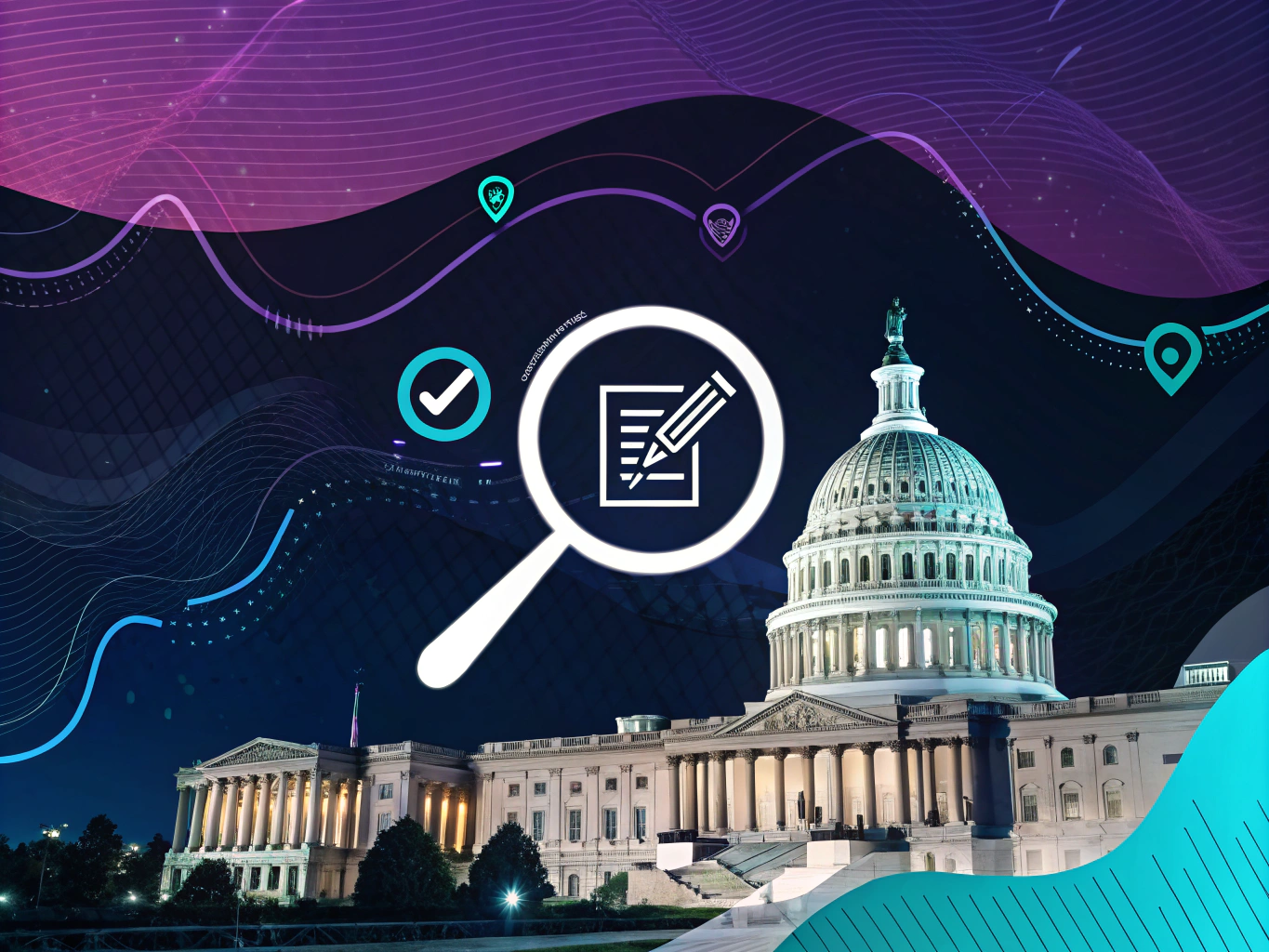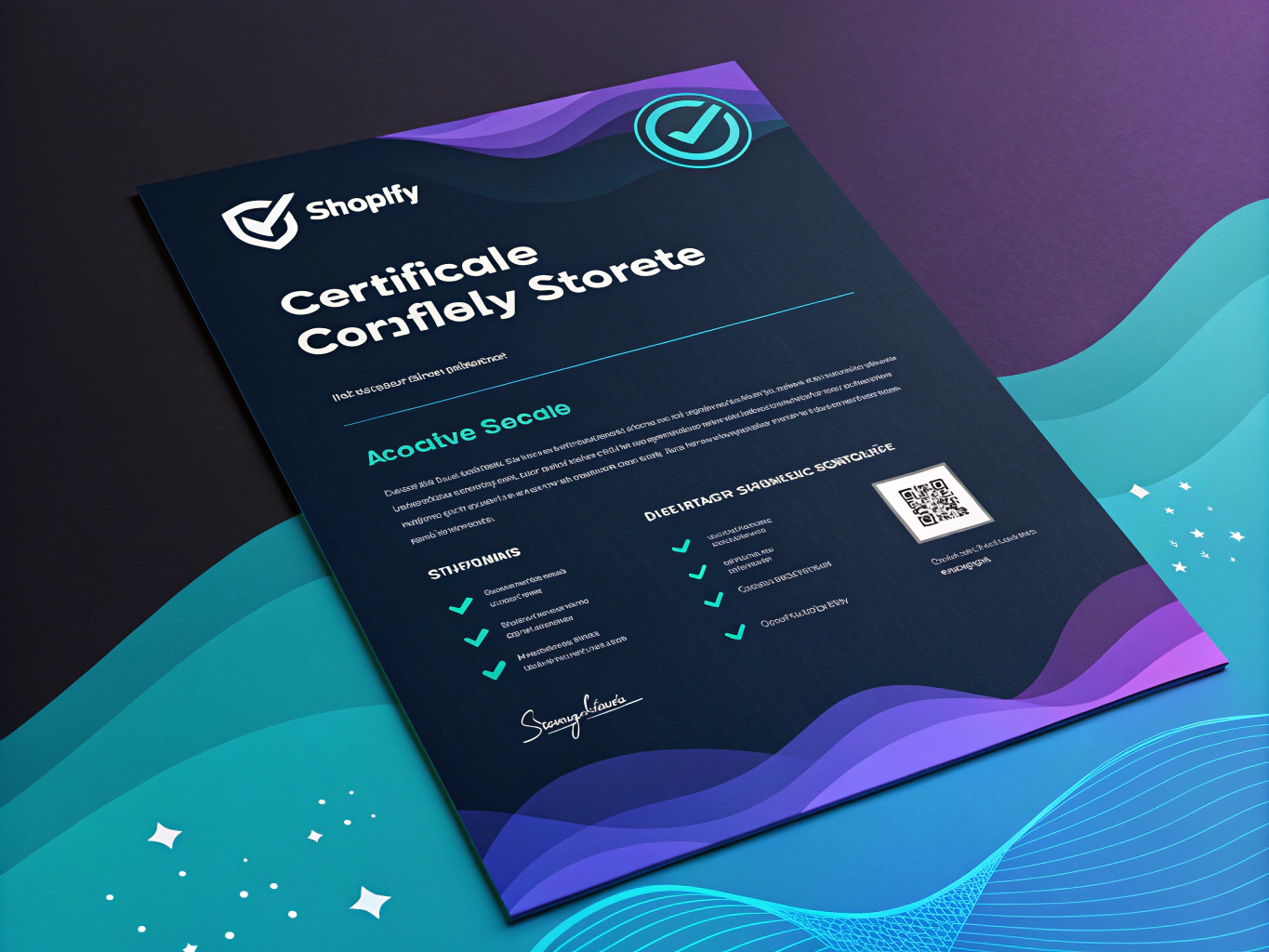Starting a Shopify store opens exciting possibilities for entrepreneurs, but navigating business licensing requirements can feel overwhelming. Whether you need a business license to sell on Shopify depends on several key factors, including your location, business structure, and the types of products you plan to sell. Let’s explore the essential requirements and considerations to help you establish your online store legally and confidently.

Understanding Business Licensing for Online Sellers
What is a Business License?
A business license serves as official permission from government authorities to operate your business within a specific jurisdiction. This legal document verifies that your business meets all regulatory requirements and maintains compliance with local, state, and federal laws. Many new entrepreneurs often ask, ‘do I need a business license to sell on Shopify?’ The answer depends on factors such as your location, business structure, and the nature of your products.
Business licenses come in various forms, depending on your location and business activities. Some common types include:
- General Business License: Basic permission to operate a business
- Seller’s Permit: Required for collecting sales tax
- Home Occupation Permit: For home-based businesses
- Professional License: For specific regulated industries
- Federal Licenses: For specially regulated goods or services
For e-commerce businesses, licensing matters because it helps establish trust with customers, ensures tax compliance, and provides legal protection. Operating without required licenses can result in penalties, fines, or even forced closure of your business.
Factors That Determine If You Need a Business License

Location-Based Requirements
Your physical location plays a crucial role in determining licensing requirements. Each jurisdiction maintains unique regulations for online businesses. State requirements vary significantly – some states mandate licenses for all businesses, while others have more relaxed policies for small online sellers.
Local municipalities may impose additional requirements. For example, if you’re running your Shopify store from home, you might need a home occupation permit or zoning clearance. Cities like New York and Los Angeles often have stricter licensing requirements compared to smaller towns.
International sellers face additional considerations, including import/export licenses, VAT registration, and cross-border commerce regulations. Understanding these requirements early helps prevent compliance issues as your business grows.
Business Structure Impact
Your chosen business structure influences licensing requirements. Sole proprietors often face simpler requirements but assume personal liability for business obligations. An LLC provides liability protection but may trigger additional licensing needs. Here’s how different structures typically affect licensing:
- Sole Proprietorship: Basic business license, seller’s permit
- LLC: Business license, EIN, operating agreement filing
- Corporation: Business license, EIN, stock issuance permits
- Partnership: Partnership registration, business license, EIN
Essential Licenses and Permits for Shopify Sellers
Federal Requirements
For those wondering, ‘do I need a business license to sell on Shopify,’ understanding the federal, state, and local requirements is crucial to ensuring compliance and avoiding penalties. The federal government regulates industries like alcohol, firearms, and pharmaceuticals. Key federal considerations include:
- Employer Identification Number (EIN): Required for hiring employees or operating as a corporation/partnership
- FDA Registration: Necessary for food, supplements, or cosmetics
- Federal Special Occupational Tax: Required for alcohol sales
State-Level Permits
State requirements form the backbone of most e-commerce licensing needs. Sales tax permits prove particularly important – you’ll need them wherever you have nexus (significant business presence). Many states also require:
- Sales Tax License or Seller’s Permit
- State Business Registration
- Professional Licenses for Regulated Products
- DBA (Doing Business As) Registration
Local Business Permits
Local authorities often require specific permits, especially for home-based businesses. Common local requirements include:
- General Business License
- Home Occupation Permit
- Zoning Compliance Permit
- Health Department Permits (for food-related businesses)
Setting Up Your Shopify Store Legally

Establishing a legal foundation for your Shopify store involves several key steps beyond basic licensing. Consider whether you need an LLC for Shopify operations – while not mandatory, it offers valuable liability protection and professional credibility.
Initial Legal Requirements
Before launching your Shopify store, complete these essential steps:
- Choose and register your business structure
- Obtain necessary licenses and permits
- Register for sales tax collection
- Set up business banking accounts
- Secure appropriate insurance coverage
Document everything carefully and maintain organized records of all applications, approvals, and correspondence with licensing authorities. This documentation proves invaluable during audits or legal reviews.
Ongoing Compliance
Maintaining compliance requires regular attention to:
- License renewal deadlines and requirements
- Changes in regulations affecting your business
- Sales tax collection and remittance
- Annual reports and filings
- Record keeping and documentation
Create a compliance calendar to track important dates and requirements. Consider using compliance management software to automate reminders and maintain organized records.
Essential Documentation and Registration
- Business registration with state authorities
- Federal tax ID (EIN) application
- Sales tax permit registration
- Industry-specific certifications
- Insurance coverage documentation
Ongoing Compliance Requirements
Maintaining legal compliance requires regular attention to renewal deadlines and reporting obligations. Create a compliance calendar marking important dates for license renewals, tax filings, and required reports. Document retention policies ensure you maintain necessary records for regulatory requirements.
Factors That Determine If You Need a Business License
The requirements for obtaining a business license to sell on Shopify vary significantly based on multiple factors. Understanding these elements helps you navigate the complex landscape of e-commerce regulations and ensures your online store operates within legal parameters.
Location-Based Requirements
Your physical location plays a crucial role in determining licensing requirements. State regulations differ substantially, with some states maintaining strict oversight while others offer more flexibility for online retailers. For example, California requires most businesses to obtain a basic business license, while some states may only require specific permits based on your product category.
Local municipality rules add another layer of complexity. Cities and counties often have their own licensing requirements, which may include home occupation permits if you’re operating from your residence. These local regulations can be more stringent than state requirements, particularly in densely populated urban areas.
International considerations become relevant if you plan to sell across borders. Each country maintains its own set of business licensing requirements, and compliance becomes increasingly complex when dealing with multiple jurisdictions.
Business Structure Impact
Your chosen business structure significantly influences licensing requirements. Sole proprietorships, while simpler to establish, still need to comply with local business licensing regulations. Many wonder do you need an LLC to sell on Shopify, and while it’s not mandatory, forming an LLC provides additional legal protection and may simplify the licensing process.
Corporate structures require more comprehensive licensing documentation, including articles of incorporation and federal tax identification numbers. Partnerships need to consider both individual and business licensing requirements, especially when partners reside in different jurisdictions.
Essential Licenses and Permits for Shopify Sellers

Federal Requirements
At the federal level, several key permits and licenses may be necessary. An Employer Identification Number (EIN) serves as your business license ID for tax purposes, though it’s not mandatory for all sole proprietors. Your business license ID example might include this nine-digit number, which functions similarly to a Social Security number for your business.
Certain products require specific federal licenses. The Food and Drug Administration (FDA) oversees cosmetics, food products, and dietary supplements, mandating particular registrations and approvals. Other federal agencies regulate different product categories, each with unique licensing requirements.
State-Level Permits
Sales tax permits represent one of the most crucial state-level requirements. The concept of economic nexus determines your obligation to collect and remit sales tax in various states. Professional licenses may also be necessary depending on your products or services, particularly in regulated industries.
Each state maintains different e-commerce regulations, and obtaining an ecommerce license or business license for online store operations varies accordingly. Some states have implemented specific digital marketplace facilitator laws that affect Shopify sellers.
Local Business Permits
Local authorities often require specific permits for home-based businesses. These may include zoning permits ensuring your business activities comply with residential area regulations. City and county business licenses vary widely, with some jurisdictions requiring multiple permits based on business type and location.
State-by-State Licensing Guide
High-Population States
California maintains some of the most comprehensive licensing requirements, including state, county, and city permits. New York emphasizes industry-specific licensing, particularly for regulated products. Texas combines state-level permits with local requirements, creating a multi-layered licensing structure.
E-commerce Friendly States
Delaware offers significant advantages for online businesses, including favorable corporate laws and simplified licensing requirements. Wyoming provides similar benefits, with minimal paperwork and lower fees. Nevada’s business-friendly environment includes streamlined licensing processes and tax advantages.
International Selling Considerations
Cross-Border Commerce
International licensing requirements vary significantly by country. Understanding import/export regulations becomes crucial when shipping products across borders. Currency considerations and tax implications add complexity to international operations.
Many countries require local business registration or representation for foreign sellers. Value-added tax (VAT) registration often becomes necessary when selling to European Union customers. Cross-border data protection regulations may also impact licensing requirements.
Common Licensing Mistakes to Avoid

Legal Pitfalls
Operating without required licenses represents one of the most serious violations. Missing renewal deadlines can result in penalties and business interruptions. Incorrect business classification might lead to compliance issues and additional licensing requirements.
Best Practices
Regular compliance audits help ensure ongoing adherence to licensing requirements. Professional consultation provides valuable guidance for complex licensing situations. Proper documentation management systems help track licenses, renewals, and related correspondence.
Implementing a compliance checklist helps maintain necessary licenses and permits. Setting up automatic renewal reminders prevents accidental lapses. Regular review of changing regulations ensures continued compliance.
Resources and Support
Government Resources
The Small Business Administration offers comprehensive guidance on licensing requirements. State commerce departments provide specific information about local regulations. Local business development centers offer personalized assistance with licensing processes.
Professional Services
Legal assistance options range from online services to specialized e-commerce attorneys. Business advisors can help navigate complex licensing requirements. Industry associations often provide valuable resources and updates on regulatory changes.
When wondering “how much does it cost to get your business license,” remember to factor in both direct fees and professional assistance costs. These investments help ensure proper compliance and protect your business interests.
Industry-Specific Licensing Requirements for Shopify Sellers

When considering if you need a business license to sell on Shopify, your product category plays a crucial role in determining specific requirements. Different industries face varying levels of regulation and oversight, making it essential to understand the particular licenses needed for your niche.
Common Product Categories and Their Requirements
Food and beverage sellers must typically obtain permits from local health departments and possibly FDA registration. These requirements apply whether you’re creating homemade goods or reselling packaged products. Health and beauty products often require additional documentation, particularly if making medical claims or using regulated ingredients.
Digital products and services might seem straightforward, but many jurisdictions now require specific e-commerce licenses or professional certifications. For instance, online courses or consulting services may need educational or professional licensing depending on your location and subject matter.
Regulated Industries and Special Considerations
Some product categories demand extensive licensing due to their regulated nature. Alcohol and tobacco sales require federal permits, state licenses, and often local approval. Similarly, pharmaceutical products and supplements face strict FDA oversight and may need special permits for online distribution.
Do I Need a Business License to Sell on Shopify? State-Specific Guidelines
Each state maintains unique requirements for online sellers. California, for example, requires a seller’s permit for all businesses making sales within the state, while Delaware offers more flexibility for e-commerce operations. Understanding these state-level variations helps ensure compliance while potentially optimizing your business location.
High-Population State Requirements
- California: Seller’s permit mandatory, plus city business license
- New York: Certificate of Authority required for collecting sales tax
- Texas: Sales tax permit needed, with specific online seller provisions
E-commerce Friendly States
Several states have emerged as particularly welcoming to online businesses. Wyoming offers strong privacy laws and minimal reporting requirements. Nevada provides tax advantages and streamlined licensing processes. Delaware’s business-friendly structure often makes it an attractive option for e-commerce registration.
International Selling Considerations
For Shopify sellers eyeing global markets, international business licensing adds another layer of complexity. Cross-border commerce requires careful attention to various regulations and requirements across different jurisdictions.
Cross-Border Commerce Requirements
International selling often requires specific import/export licenses, depending on your target markets. Many countries mandate local business registration or representation for foreign sellers. Currency regulations and international taxation agreements may also influence your licensing needs.
VAT and International Tax Considerations
Value Added Tax (VAT) registration becomes necessary when selling to many international markets, particularly in the European Union. Different countries maintain varying thresholds for mandatory VAT registration, requiring careful monitoring of sales volumes.
Common Licensing Mistakes and How to Avoid Them
Understanding what not to do proves just as valuable as knowing the proper steps. Many Shopify sellers encounter similar pitfalls when navigating business licensing requirements.
Critical Errors to Avoid
- Operating without required licenses or permits
- Missing renewal deadlines
- Incorrect business classification
- Inadequate record-keeping
- Failing to update licenses when expanding to new jurisdictions
Best Practices for License Management
Implement a systematic approach to license management, including regular compliance audits and professional consultations. Maintain organized documentation systems and set up automatic renewal reminders. Consider using compliance management software for larger operations.
Resources and Support for Shopify Sellers
Numerous resources exist to help navigate business licensing requirements. The Small Business Administration offers comprehensive guides and local assistance. State commerce departments provide specific guidance for their jurisdictions.
Professional Services and Support
Consider engaging professional services for complex licensing situations. Business attorneys specializing in e-commerce can provide valuable guidance. Industry associations often offer member resources and updates on regulatory changes.
Future Considerations for Your Shopify Business
As your business grows, licensing requirements may evolve. Planning for expansion includes understanding additional permits needed for new product lines or jurisdictions. Stay informed about emerging e-commerce regulations that could affect your operations.
Scaling Your Business Legally
Growth brings new licensing considerations. Hiring employees requires additional permits and registrations. Expanding product lines may trigger new regulatory requirements. International expansion demands careful attention to cross-border licensing requirements.
Emerging Regulatory Trends
The e-commerce landscape continues evolving, with new regulations emerging regularly. Digital marketplace laws increasingly affect online sellers. Privacy regulations and data protection requirements create additional compliance obligations.
Boost Your Shopify Business with ProductScope AI!
Setting up a Shopify store legally is just the first step—success in e-commerce requires high-quality product presentation and optimized listings. ProductScope AI is your all-in-one tool to elevate your store by:
✅ AI-Generated Product Images – Create stunning, professional-grade images that attract more customers and increase conversions. No need for expensive photoshoots—AI enhances your visuals effortlessly!
✅ Optimized Product Listings – Automatically refine product descriptions, keywords, and SEO to rank higher on search engines and Shopify search results, driving more traffic to your store.
✅ Sales-Boosting Insights – Get AI-powered analytics and recommendations to improve your listings, pricing, and marketing strategies.
Conclusion and Next Steps
Successfully navigating business licensing for your Shopify store requires careful attention to various requirements and regulations. While the process may seem daunting, breaking it down into manageable steps makes compliance achievable.
Action Items for Shopify Sellers
- Research specific requirements for your location and product category
- Consult with legal professionals about optimal business structure
- Create a compliance calendar for important dates and renewals
- Implement proper documentation and record-keeping systems
- Stay informed about regulatory changes affecting e-commerce
Remember that proper licensing protects your business while building customer trust. Take time to understand and fulfill all requirements, setting a strong foundation for sustainable growth on Shopify.
Sign Up for ProductScope AI Today!
